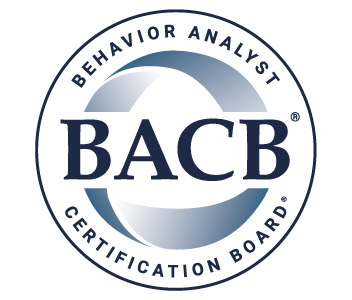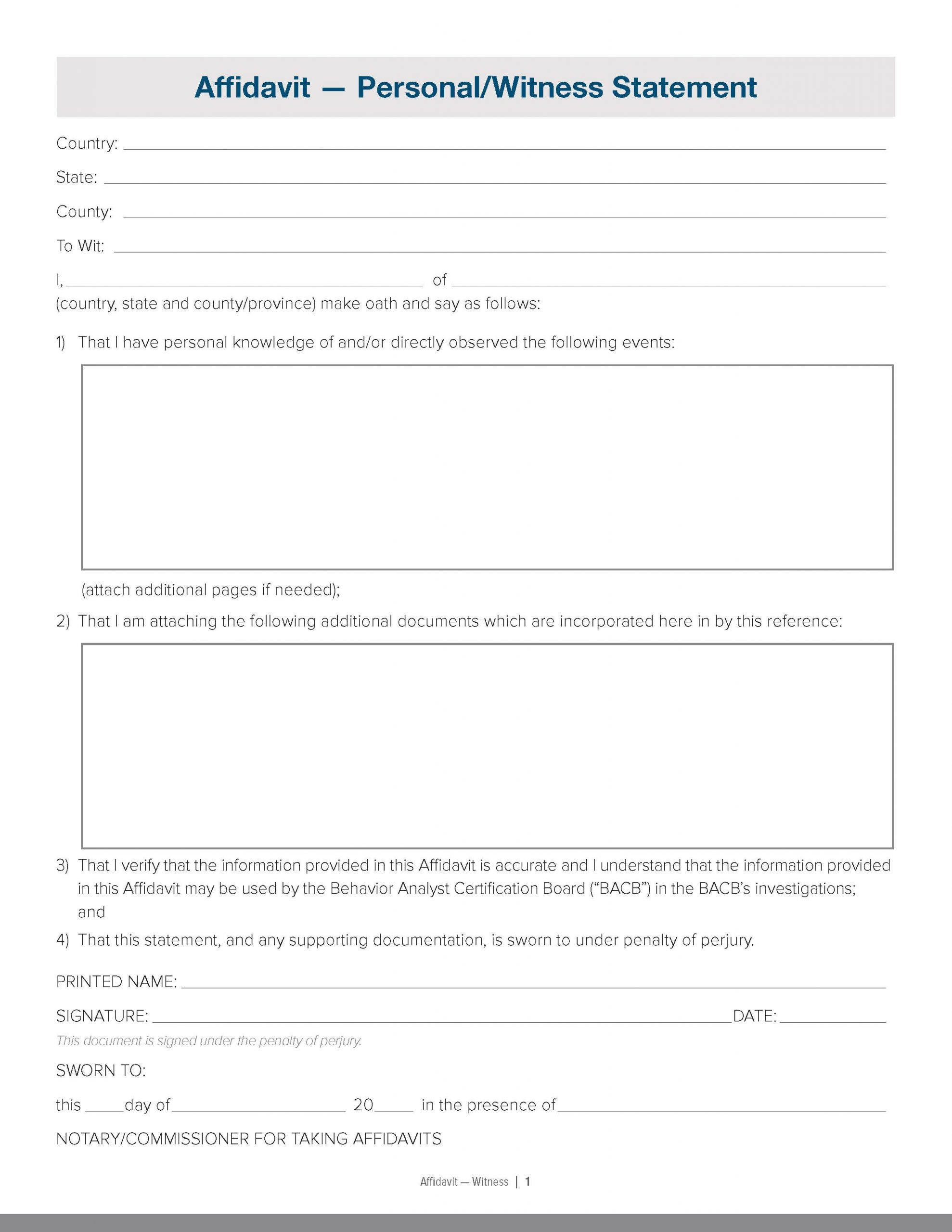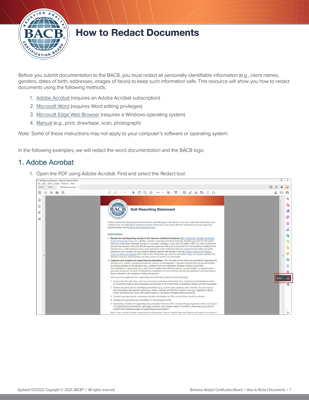Please select one of the following options to Report an Alleged Violation by/related to:
General Guidance for Considering a Possible Violation
If you are concerned that you, or someone else, may have violated one or more of the BACB's ethics requirements, you can report your issue of concern to the BACB's Ethics Department. The BACB receives reports of potential ethical violations through three methods: reporting an alleged violation, self-reporting, and reporting publicly available documentation.
Please note that the BACB does not have jurisdiction over non-certificants or organizations. If you have concerns related to an individual or organization that is outside of the BACB’s jurisdiction, you might consider submitting a complaint to an agency with the proper authority (e.g. law enforcement, third-party payer, licensure/regulatory body).
Reporting an Alleged Violation
Reporting an alleged violation by another individual.
All BACB applicants and certificants, and approved ACE providers, must adhere to the BACB ethics requirements outlined in the Ethics Code for Behavior Analysts and the RBT Ethics Code (2.0). Alleged violations by a BCaBA, BCBA, or BCBA-D applicant or certificant should be reported to the BACB. In some cases, an RBT's alleged violation should be reported to the RBT's Requirements Coordinator or Supervisor, while in other cases the allegation should be reported to the BACB.
Reporting yourself of an alleged violation.
If you are a BACB applicant and certificant and are concerned that you have not adhered to the BACB ethics requirements outlined in the Ethics Code for Behavior Analysts and the RBT Ethics Code (2.0), you should report yourself to the BACB.
Reporting an alleged violation found in publicly available documentation.
At times, information that is published publicly, such as on a website or on social media, may violate BACB ethics requirements outlined in the Ethics Code for Behavior Analysts and the RBT Ethics Code (2.0). These instances should be reported to the BACB, even though it may not be clear who or what is committing the violation. Reporting of publicly available documentation is anonymous.
Considerations Before Reporting an Alleged Violation
The following sections offer general considerations about reporting alleged violations, providing supporting documentation, reporting allegations against an RBT versus other applicants and certificants, and how to report.
Frequently Asked Questions
If you could potentially solve the issue by speaking with this individual, we encourage you to try that first. If that isn’t an option or doesn’t work, you should talk with someone at the company they work for, like a supervisor. If the issue persists, you can submit a report to the BACB. Get started by reviewing the Reporting to the Ethics Department web page. Use the Considerations for Reporting an Alleged Violation Against an RBT or BCaBA/BCBA document to help guide your decision.
For detailed information about how the BACB processes Notices of Alleged Violation, please see our Code-Enforcement Procedures and the March 2023 Newsletter.
Because the BACB certifies people, not companies, you cannot report a company to us. Your best option is to inform the company of the issue. However, if your complaint is about the behavior of a BACB certificant who owns or works at a company, you can report that individual to us. If the company is accredited by a third-party organization, you can potentially file a complaint through that third party.
Because each report is different, we ask that you refer to the Reporting to the Ethics Department web page. There, you will find information about each type of report, the reporting process, an estimated timeline, and more. Review our Code-Enforcement Procedures to see how everything works on our end.
No. Due to certain limits placed on the BACB’s activity, we are unable to give ethics or legal advice. Read The BACB: What it is, What it Does, and Why to learn more about our organization.
The type of documentation that you need will depend on the nature of the allegation(s) and the documentation you have. Please note that the BACB is not an investigatory body, so we rely on the documentation that you submit when making a determination. Examples include documentation of training or performance feedback, a letter of termination, court documents, texts/emails, documentation of an outcome from a third-party investigation, photos/videos, behavioral assessments, and intervention documents. Eyewitness accounts may also be submitted and should include a notarized affidavit for legitimacy. To protect the confidentiality of consumers, certificants, and applicants, please redact any personal identifiable information (PII) from your documentation before submitting.
Sample Affidavit and Redaction Guidance
When documentation you want to submit includes your personal statement, or a witness statement, consider producing a formal affidavit and getting it notarized. Please feel free to use this affidavit template.
The Redaction Aid provides guidance on how to redact all personally identifiable information to keep information related to yourself, your clients, and other relevant stakeholders safe.
Estimated Timeline and Processes Once a Notice of Alleged Violation is Filed
The BACB processes notices based on its Code-Enforcement Procedures. The BACB strives to review notices within a reasonable time and to keep notifiers and subjects apprised of relevant actions. Please review the visual guide below for more information on the estimated timeline and process during each stage.
Important Information about Submitting Notices of Alleged Violation
When completing the appropriate online form, the notifier is asked to give a description of the code violation and provide supporting documentation. If accepted, the notice and all supporting documentation is shared with the subject, who is given an opportunity to respond to the allegations and provide their own supporting documentation. See either the RBT Considerations for Reporting an Alleged Violation or the BCBA & BCaBA Considerations for Reporting an Alleged Violation, as well as the Code-Enforcement Procedures for more information about processes and timelines.
The BACB cannot provide legal or ethics advice under any circumstances. There are a number of resources available for anyone seeking guidance related to ethics in the Ethics Resources section. U.S. residents of states that regulate the practice of behavior analysis may contact their state disciplinary boards. For more information about regulation in the U.S., the Association of Professional Behavior Analysts has a resource page on licensure and regulation. Whenever possible, we encourage, but do not require you to consult with a behavior analyst who specializes in the matter before filing a Notice of Alleged Violation. For legal advice, please consult with a licensed attorney in your jurisdiction. For additional guidance on ethics-related matters, please see the Ethics Codes section.


